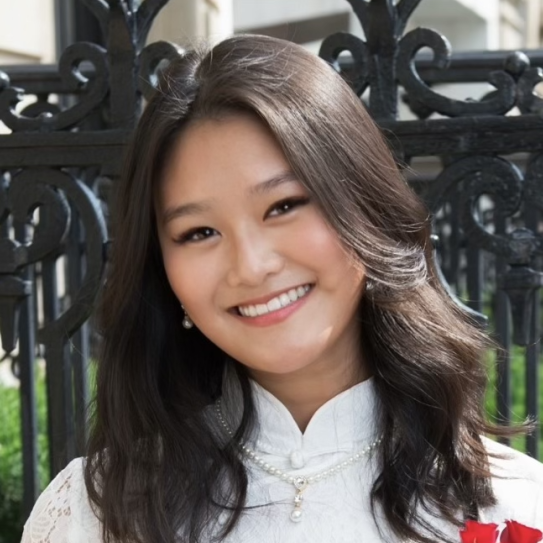
UN Sustainability Goals
- Clean Water and Sanitation
- Sustainable Cities and Communities
Areas of Excellence
- Health
- Sustainability
Global Challenge: Water for All
Abstract
Metal-organic frameworks (MOFs) have emerged as versatile materials with diverse applications spanning from gas storage to water adsorption. Their porous structures, composed of metal ions coordinated with organic ligands, offer remarkable surface areas and tunable properties, making them attractive for addressing various societal challenges, including those outlined by the United Nations Sustainable Development Goals (SDGs). In this paper, we review the potential of MOFs in atmospheric water harvesting, focusing on their exceptional adsorption properties and potential for scalable water production. We discuss the challenges associated with MOF stability, production scalability, and practical implementation, highlighting ongoing research efforts aimed at overcoming these hurdles. Furthermore, we examine the efficacy of MOFs in water adsorption and their utilization in prototype devices for atmospheric water harvesting. Despite challenges, MOFs hold promise as innovative materials for sustainable water production, offering a renewable solution to address global water scarcity concerns.
Participating in the NYU GLASS program has profoundly shaped my journey as an engineer, enriching my skill set and perspective in numerous ways. Through its interdisciplinary approach, GLASS has provided me with a comprehensive understanding of engineering principles and their real-world applications. Engaging in collaborative projects with peers from diverse backgrounds has honed my ability to work in multifaceted teams, fostering effective communication and problem-solving skills essential in the engineering field. The program's emphasis on hands-on experiences and experiential learning opportunities has allowed me to apply theoretical knowledge to practical scenarios, deepening my understanding of engineering concepts and methodologies. Moreover, the global focus of GLASS has broadened my worldview, exposing me to diverse cultural perspectives and challenging me to approach engineering challenges with creativity and adaptability. Overall, the NYU GLASS program has not only equipped me with the technical expertise required of an engineer but has also instilled in me a sense of global citizenship and a commitment to leveraging engineering for positive change in society.
Bio:
As a born and raised New Yorker who went to an all girls, private, Catholic school, it was clear to her that she wanted to pursue a STEM career to not only break the gender stereotype in male dominated fields, but also to be able to offer her unique experiences and ideas in a bigger group setting. Throughout high school, Alice Shi conducted her own research on tissue interface engineering which led to majoring in Chemical and Biomolecular Engineering at NYU Tandon. Her interest in engineering and research led her to join the VIP team, Sixth Sense, where her team and she created a computer vision system to aid individuals with vision impairment with obstacle avoidance and general mobility. Through this team, she was introduced to the Dynamical Systems Laboratory at NYU, where she now conducts research in order to create an information-theoretic study of fish swimming in the wake of a pitching airfoil through hydrodynamic and fluid mechanics research. In terms of future employment, Alice will be joining Ecolab as a part of their Supply Chain Leadership Program, continuing Ecolab’s mission to foster a cleaner, safer, and more secure future. Her hobbies include reading, swimming, and volunteering at cat cafes.

